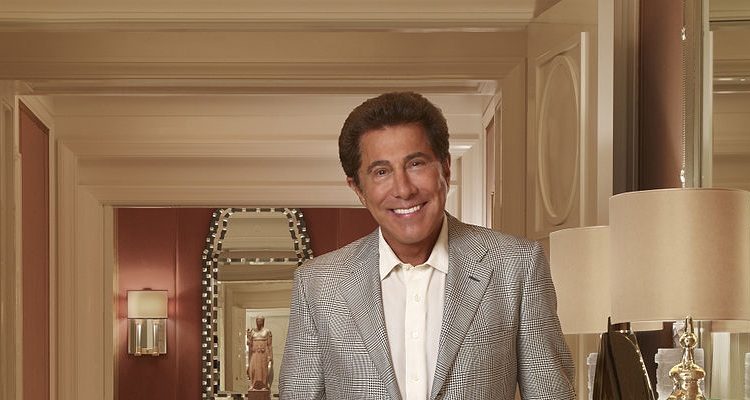Casino tycoon and billionaire Steve Wynn is no stranger to lawsuits or controversy as Wynn Resorts and Steve Wynn have had their fair share of battles over the years. What Wynn is not accustomed to is losing and that is exactly what happened with his lawsuit against James Chanos, a hedge fund manager and the founder of Kynikos Associates.
It all started on the UC Berkeley campus in 2014 during the Logan Symposium investigative journalism conference where Chanos said he had shorted Macau casino operators because he was worried about violations of U.S. anti-bribery laws and the general way business was done in the Chinese gambling mecca. Wynn and his legal team took that as a direct accusation that Wynn had violated the Foreign Corrupt Practices Act.
These statements did not go down well with Steve Wynn who felt that his personal reputation was being slandered and his company’s image was being tarnished. The Wynn team decided to take James Chanos to court and also wanted Nevada’s strict anti-SLAPP (strategic lawsuit against public participation) law to be changed.
Macau’s casino industry once made more than five times the revenue of the Las Vegas casino industry and caused billion dollar gambling enterprises like the Las Vegas Sands Corp and Wynn Resorts to fiercely compete to set up operations in Macau. Government officials in Macau were commonly rumored to accept ‘gifts’ in return for granting favours to casino’s and helping them setup operations.
The company filed a lawsuit against Chanos and the complaint said “Wynn and Wynn Resorts have been thoroughly investigated in a public manner on numerous occasions by entities such as the Nevada Gaming Control Board, the Massachusetts Gaming Commission, the Securities and Exchange Commission, and other government agencies. At no time has any official agency suggested that there is any reliable evidence that plaintiffs, or either of them, have violated the Foreign Corrupt Practices Act”.
Wynn had his litigation dismissed twice before from the U.S. District Court under California’s anti-SLAPP statute. The court has also ordered Wynn to pay Chanos a total of $422,380 in legal fees and court charges. U.S. District Judge William H. Orrick of the Northern District of California dismissed the case again because he felt that Chanos remarks were his protected opinion and did not carry any malice against Wynn or his company. The judge said that Chanos views was a matter of public interest and his speech could not be termed as defamatory.


